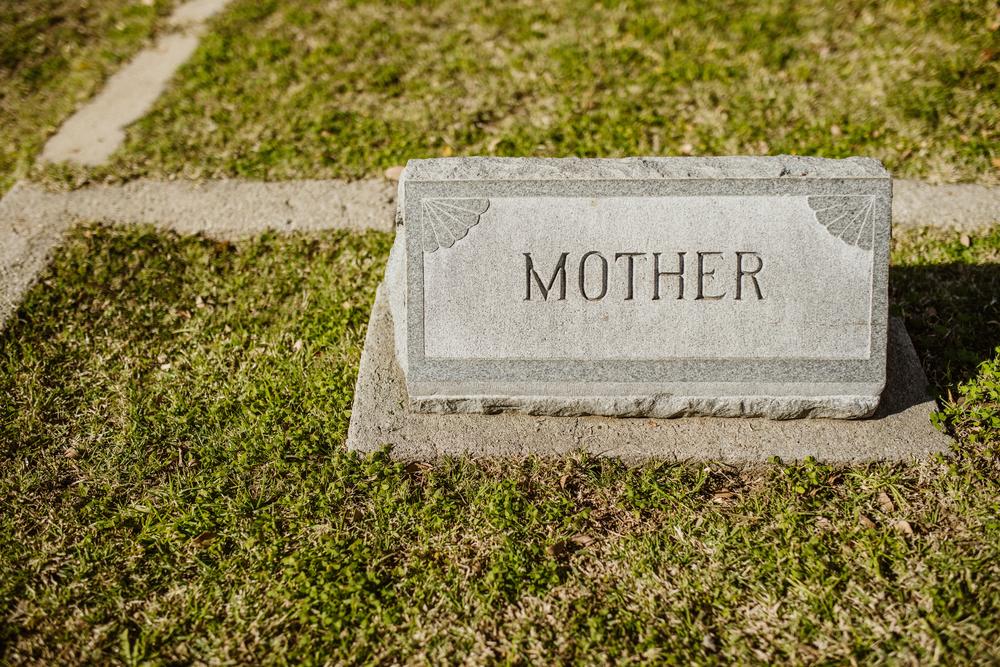
Caption
Researchers estimate 43,000 children lost a parent to COVID-19 through February 2021.
Credit: Photo by RODNAE Productions from Pexels
|Updated: April 6, 2021 1:59 PM
A study released April 5, 2021, finds 43,000 children in the U.S. have lost a parent due to COVID-19. Researchers also find Black children are disproportionately affected. GPB's Ellen Eldridge reports.

Researchers estimate 43,000 children lost a parent to COVID-19 through February 2021.
Researchers estimate 43,000 children in the United States lost a parent to COVID-19 through February 2021, according to a letter published Monday in the Journal of the American Medical Association Pediatrics.
The authors consider the number "staggering."
Using a strategy of natural herd immunity, which can only be achieved through widespread vaccination, 1.5 million deaths would leave more than 100,000 children without a parent before the pandemic is fully under control.
While Black children make up only 14% of the population, they represent one-fifth of those under 18 who had a mother or father die of COVID-19.
Sweeping national reforms are needed to address the health, educational and economic fallout affecting children, the authors wrote, adding that parentally bereaved children will also need targeted support to help with grief, particularly during this period of heightened social isolation.
RELATED:
In Georgia, 2,448 adults between the ages of 18 and 59 died of COVID-19 as of early February, according to the latest available data from the state health department. This age group is the most likely to be the parent of a minor child.
Susan Belangee, a licensed professional counselor in Cherokee County, said kids express grief differently, so their loved ones and teachers should watch for changes in personality.
"So let's say a child is normally very outgoing and sociable and they start to withdraw," Belangee said. "That could be a sign that they're in the midst of the grieving process and need some additional support. Sometimes, kids get very angry and have rage-like behaviors."
The key is assessing the individual child for behavior or attitude and determining whether the way of talking or personality is the norm for them, she said. If it's not, it's worth checking in with the child.
"I think the schools are a great resource," Belangee said. "I think that the teachers can be that kind of front-line identifier of, 'This child is experiencing something. I'm seeing different behavior in the classroom.'"
A school counselor can then, hopefully, connect the student to resources outside the school in the community, she said.
The researchers suggest that the establishment of a national child bereavement cohort could identify children who have lost parents, monitor them for early identification of emerging challenges, link them to locally delivered care, and form the basis for a longitudinal study of the long-term effects of mass parental bereavement during a uniquely challenging time of social isolation and economic uncertainty.